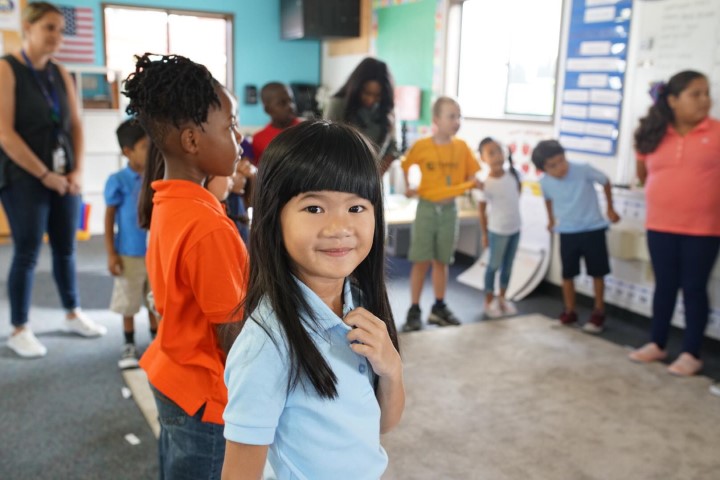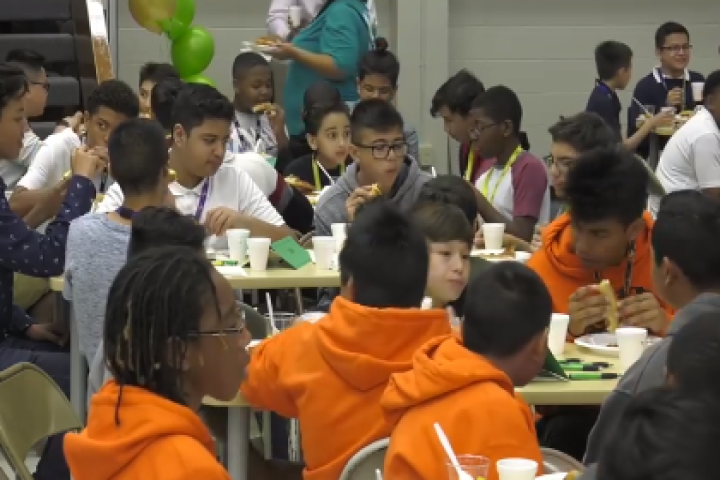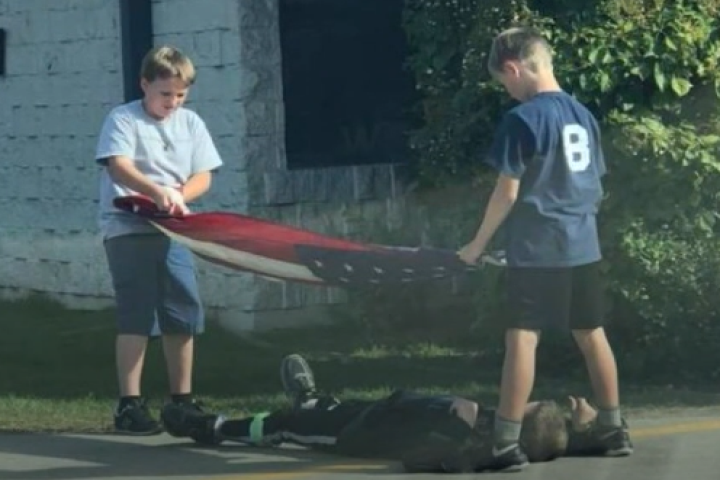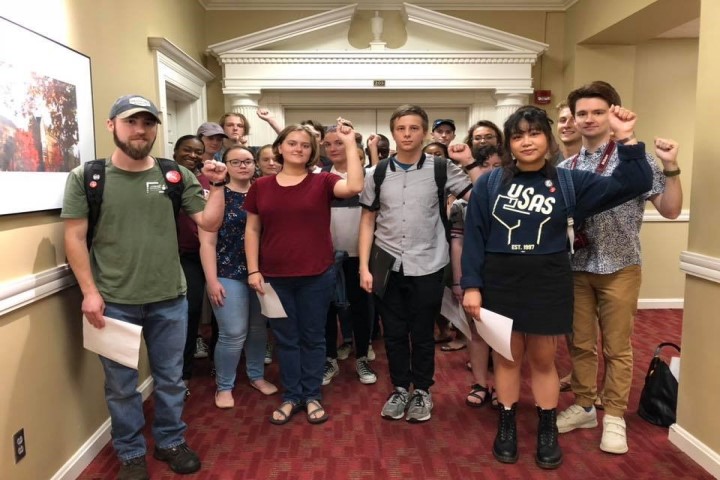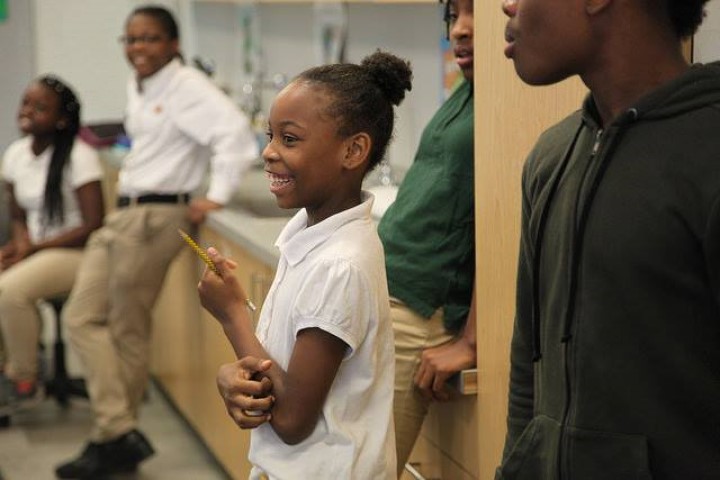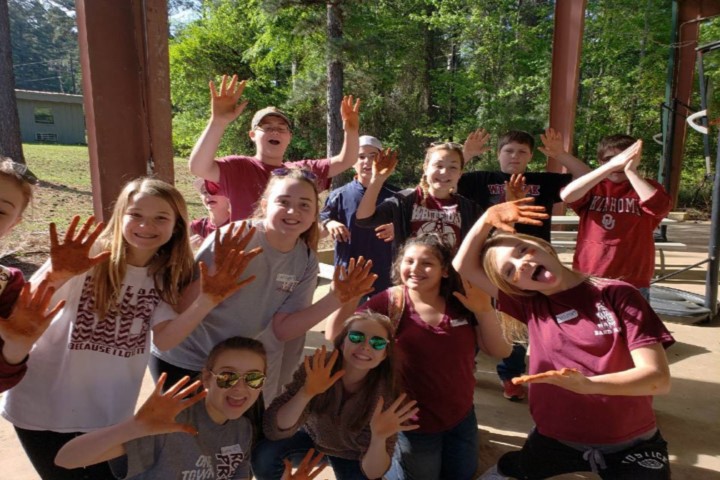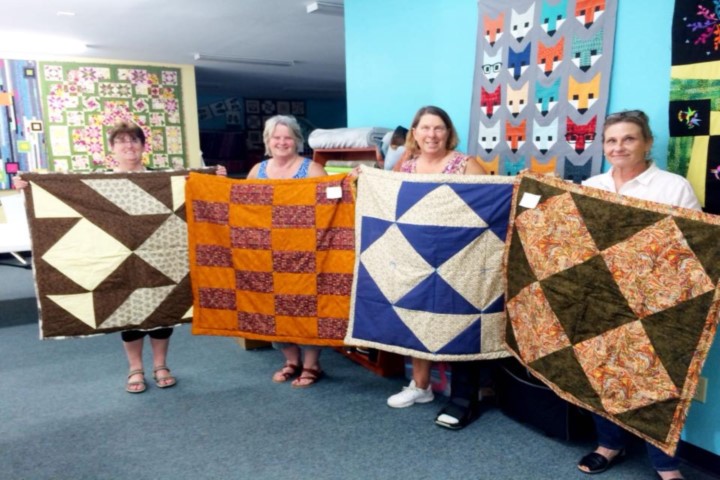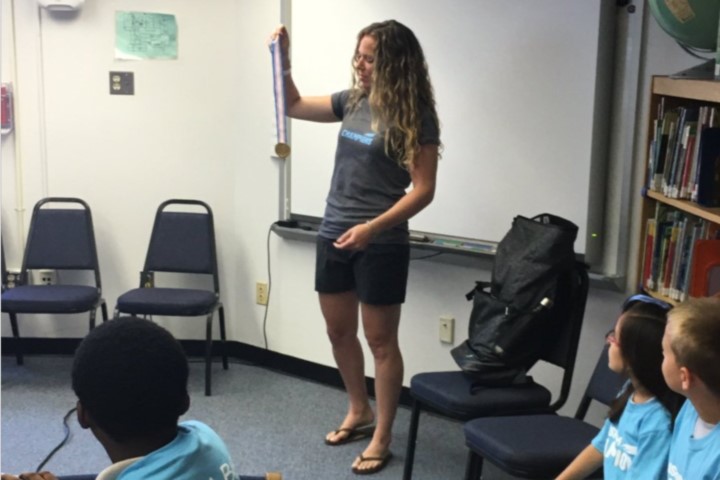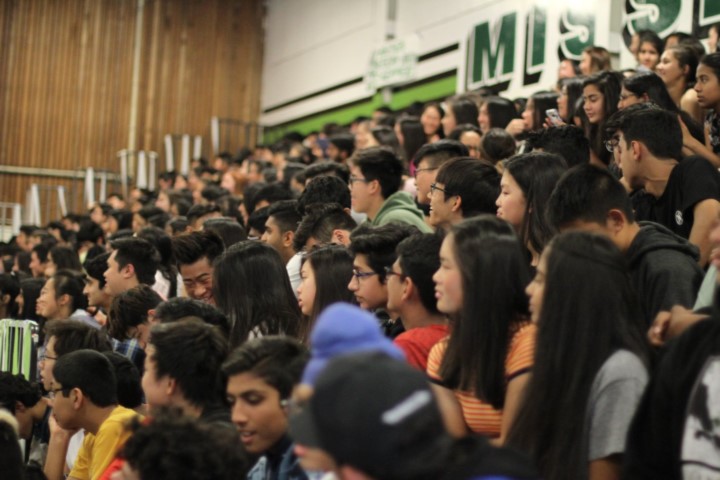San Diego’s Thrive charter school network is growing exponentially, from a single location with a class of 45 in 2014 to nearly 700 kids spread across four campuses this school year.
Its rapid expansion comes amid tensions between charter and traditional public schools in the district, but it’s driven by a different kind of educational model that stresses character and a project-based approach to learning that parents can appreciate, according to LA School Report.
“If a hospital were run the way we run schools, it would be like, ‘Welcome to the hospital! It’s MRI day. I know you’ve got a heart murmur, but no problem! We’ll give you a brain scan,” Thrive founder and CEO Nicole Assisi told the education site.
“I feel like that’s how we operate schools: You’ve got a kid with a broken leg, you give him some antibiotics – when in reality, it’s about precision teaching and learning.”
At Thrive campuses – which are adorned with portraits of world leaders and student artwork – each student receives a personal lesson plan to identify strengths and weaknesses, and they work with school counselors to draft a road map to achieve their goals.
Classes are comprised of students in “core groups” based on development, rather than grade levels based strictly by age, and lessons incorporate subjects of math, science, public speaking, character and others into projects that benefit the school, as well as people in the community and beyond.
One recent project, “The Light of Kindness,” involved students engineering, designing and crafting DYI lanterns with LED lights they later donated to Syrian refugees resettled in San Diego. Other projects involved creating their own books, and flying a swarm of drones over their school.
The approach is part of Thrive’s three-part educational model, “which pushes students to learn to learn (using evidence-based instruction to build academic skills), learn to do (developing the skills of collaboration and problem solving through hands-on project), and learn to be (cultivating a sense of citizenship and social action in wider communities),” according to LA School Report.
Olivia told the site the small group setup in her math class has made a major difference in her academics since she transferred to Thrive.
“At my (old) school, we just worked on our own papers. It was just, ‘Here’s the paper, just work alone, stay focused.’ You’d get no help or anything,” she said. “I was behind in math, and my mom thought of Thrive. Here, we work in groups, and our teachers helps us with math. We get to communicate with different people.
“I’ve been getting really good in math, and I’m already getting catched up to third-grade math,” she said.
Other students like Russel discussed how working together to create and complete school projects is building a confidence he’ll need later in life.
“You know how one of the biggest fears in the world is going up and talking to a big crowd of people? That’s what we do on our exhibitions. Parents come up and you have to explain your project,” he said. “And we kind of get used to that, so when we get older, we can just talk about what our new invention is.”
Much of Thrive’s success stems largely from a deep understanding of how students learn, and applying lessons that fit with their strengths and weaknesses.
Sociologist James Davison Hunter, founder of the Institute of Advanced Studies in Culture, noted in his book “The Death of Character” that “psychology is in a position to specify the conditions that permit or impede the full realization of a person’s natural creativity, productivity, and well-being.”
The rapid growth in popularity of Thrive schools makes it clear parents flock to schools that get it right.
The Jubilee Centre for Character and Virtues offers resources for parents and educators looking to help youngsters work through their emotions to realize their full potential.
In the Centre’s “Tools of Virtue” lesson, for example, students learn about identifying their emotions, and how they impact decision making in different types of situations.
